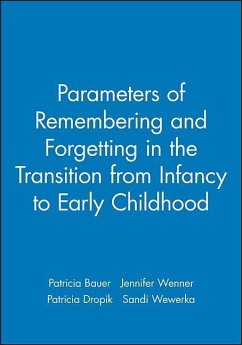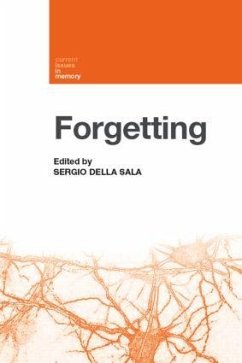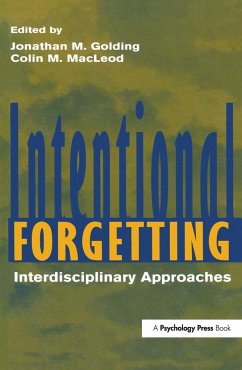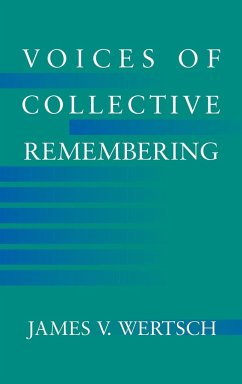
Successful Remembering and Successful Forgetting
A Festschrift in Honor of Robert A. Bjork
Herausgeber: Benjamin, Aaron S.
Versandkostenfrei!
Versandfertig in 1-2 Wochen
169,99 €
inkl. MwSt.
Weitere Ausgaben:

PAYBACK Punkte
85 °P sammeln!
This volume provides a window into cutting-edge research in cognitive psychology on inhibition in memory, metacognition, educational applications of basic memory research, and many other topics related to the groundbreaking research of Robert Bjork. It will appeal to graduate students and researchers in learning and memory.














